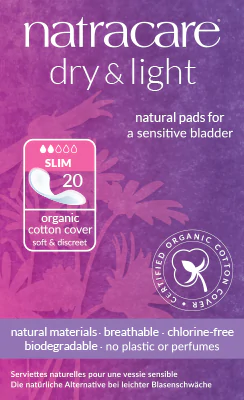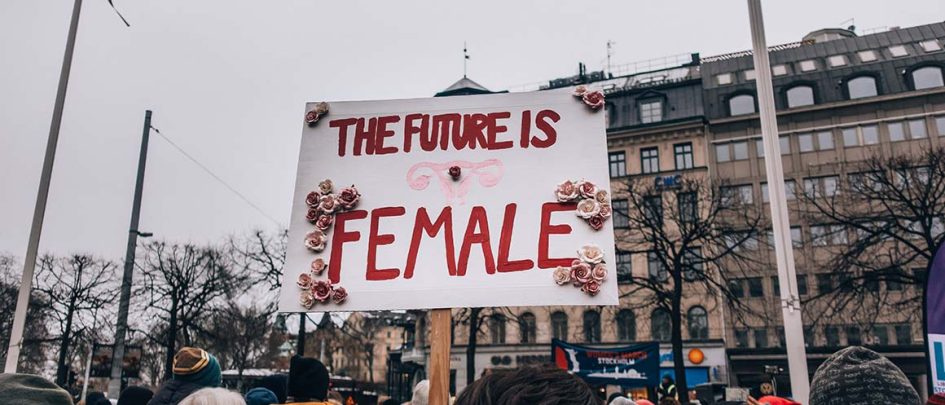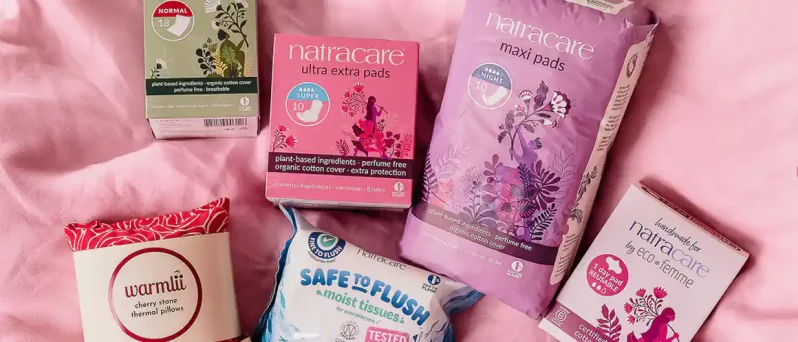This guest blog post is written by the sexual assault crisis centre, SARSAS.
Did you know that at some point in their lives one in three women experience some form of urinary incontinence?
Despite its commonality, it’s not something we hear talked about enough. People often hide their incontinence pads on the way to the bathroom, or avoid buying them entirely by sticking to period pads instead. Even when it is discussed, it’s usually in coded language using euphemisms for bladder leaks.
At SARSAS, we aren’t afraid of sensitive conversations. We’re a rape and sexual assault crisis centre that provides support to people who have experienced sexual trauma. We’re experts at creating safe places where people can find the words to talk about things that they thought they would never say out loud.
Thankfully, conversations about women’s* health, menstruation, and gender-based violence are all evolving. Period product adverts have finally dropped the blue liquid, businesses are adopting menstruation policies (like becoming Endometriosis Friendly Employers), and, largely because of the MeToo movement, more people than ever before are feeling able to speak about their experiences of sexual violence and seek out the support they deserve.
But unfortunately, there are some areas of women’s health and experience that aren’t being talked about. An area of real concern for many of the women we support are pelvic floor disorders, in particular urinary incontinence.
Some pelvic floor complaints have been linked to people who have experienced rape or sexual abuse. In this study, 23% of the female patients in a pelvic floor centre reported a history of sexual abuse. This can be due to physical damage related to the abuse, but also because muscle activity in all muscles, including the pelvic floor, increases with exposure to stressful experiences. This means that the pelvic floor muscles can hold unresolved trauma, leading to pelvic floor disorders.
What needs to change?
The good news is the narrative around women’s health and trauma impacts is changing. But more needs to happen for people to get the support they deserve.
We need to keep pushing for more research and more training for professionals.
We would like to see:
- More funded research into the causes of pelvic floor disorders
- More information and support for professionals to feel confident in supporting someone who is struggling with incontinence
- More training for healthcare professionals to help them identify symptoms of unresolved trauma
- Training for healthcare professionals in how to manage a disclosure of sexual violence
We need to build a language around taboo issues like incontinence and bladder leaks that promotes confidence and cure, rather than one that is shrouded in shame.
As a rape crisis centre, we are proud to be part of the change. We work with organisations like Natracare, who campaign for gender issues and who make it possible for all voices to be heard.
*and all people with vulvas’














Great article! Is there any way i can be put in touch with the author? I’m a University of Bristol researcher looking to apply for funding on this topic. Sandi Dheensa at Bristol dot ac dot uk 🙂
Hey Sandi, thanks for getting in touch. we’ll pass your email onto the author.